By Prof. I.S. Saluja
Though a mere drop in the ocean, the Sikh community in the US, numbering around 280,000, according to The World Religion Database at Boston University, has made its presence felt in the country. The community which began trickling into the US at the beginning of the century started to pour after 70’s, with trouble brewing in their home e State of Punjab in India. In the 80’s the Sikhs came in torrents in the US after the genocide of the community in the wake of the killing of the then Prime Minister Indira Gandhi.
They came, they saw, they conquered. Their immediate concern was having food at the table. In the last about 50 years, every Sikh who came to the US is in a position to claim that he enjoys a certain amount of financial security. Their next generation started getting education here. With a certain amount of financial security rose a desire to empower themselves through the political processes. They began to know and mix with the people of their community who were already involved in whatever way in the political processes.
However, the community organizations remained the first love. It was through the community organizations that many moved on to participate in the political process. The community has understood that real empowerment can come only when they have political power. They have also been reminded that back in 1955 one of them was elected the first Sikh Congressman. Dalip Singh Saund is remembered with reverence as a role model for the community.
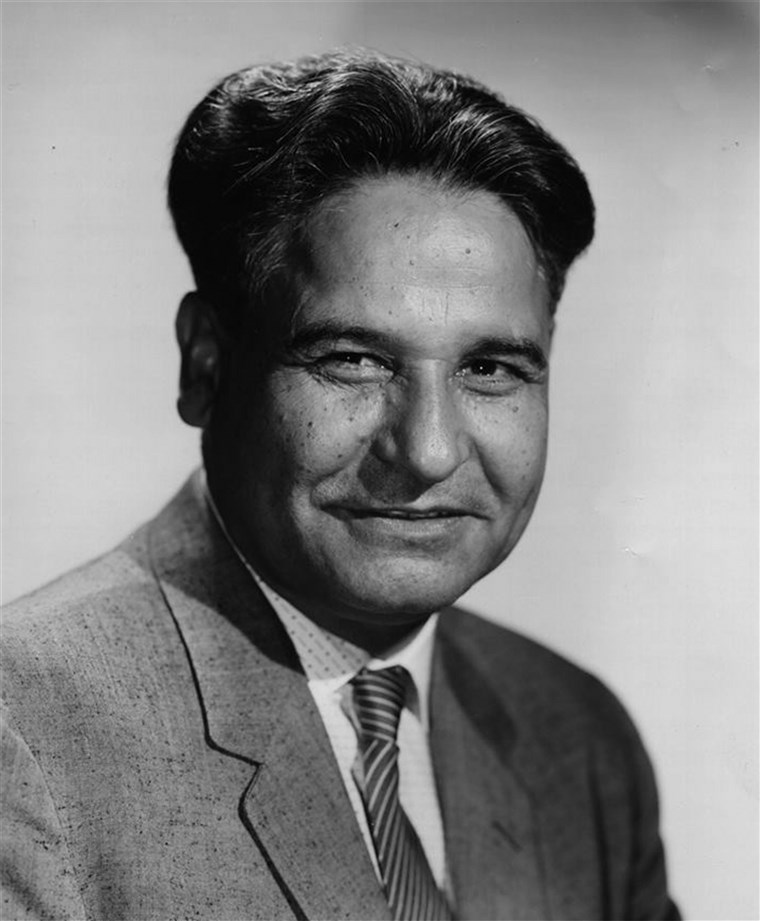
Since the time of Congressman Saund, a number of Sikhs have entered politics. But never before now, there ever was such an impressive gallery of the Sikhs taking part in electoral politics. I am not going to span the entire nation. I am inclined to confine myself to New York City where we are going to have the civic elections in November this year. The primaries a few days away will decide the fate of many aspiring candidates to various offices.
I spoke with a number of people from different walks of life about this newfound love for politics. To the question “why so many Sikhs, particularly the young ones, now aspire for political positions, the answer invariably was that they want to empower themselves; they want to be heard; they want a pie of the political cake. Most said that the economic prosperity has no meaning until they are politically empowered. For the November 2021 cycle New York City elections, we have quite a few Sikhs in the fray. They all are for City council.
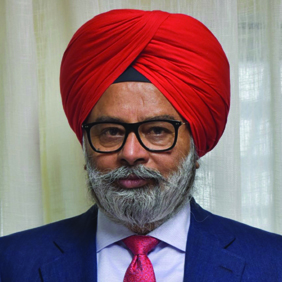
For City Council District 23, we have two Sikhs. One is Harpreet Singh Toor, a senior community leader and a politician with a long standing. Having worked in City administration and with elected representatives, he has come to acquire a good understanding of various aspects of working on administration and political fronts.
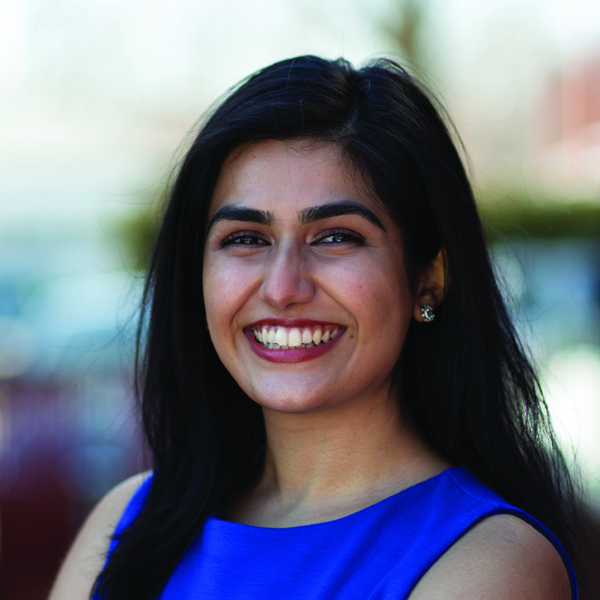
Another candidate is Jaslin Kaur, a spirited young lady who is seeking to draw strength from the younger generation.
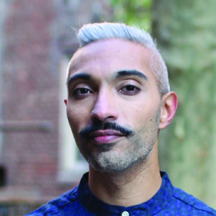
Amit Singh Bagga is a Sikh candidate for Council District 26. He is pitted against 14 candidates, including Asians and South Asians.
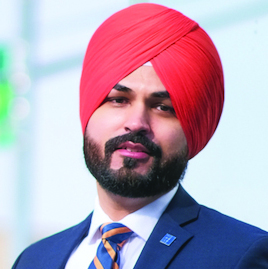
Japnit Singh, a young Sikh is one of the 2 candidates in City Council District 28 where Adrienne Adams is a sitting council member.
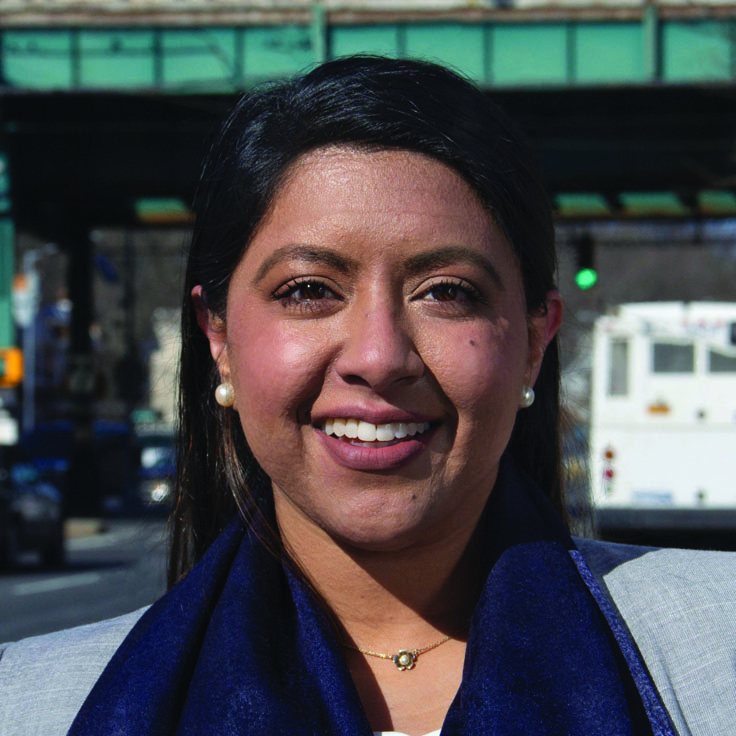
Another young Sikh lady Felicia Singh is pitted against 5 others in City council District 32.
However, I have also wondered why the Sikh Community has so far failed to get a strong footing in the mainstream politics in the Northeast U.S.
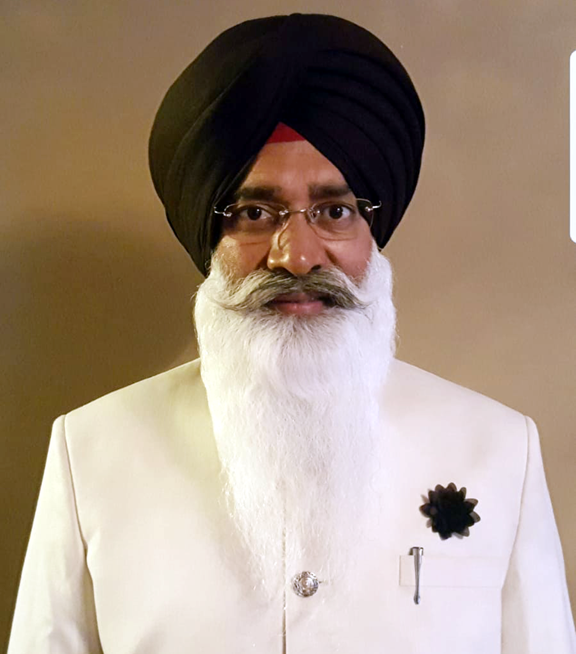
I asked the question to Mr. Raghbir Singh Subhanpur, a prominent businessman of Queens and President of Shiromani Akali Dal, America. He said, “There may be manifold reasons for that predicament. The first generation that came ashore to this great country focused on their economic well-being. We have come from an environment where there were shortages, joblessness, and heightened competition for basic human needs. Therefore, upon arrival, we have dug in focusing on our self-improvement by attaining educational qualifications, professional jobs, Houses, providing top-notch education to our children, and the time left was used for religious services or cultural expressions. Our economic insecurity became an obstacle to any progress in the political arena.”
“In addition, for the same reason as I stated above, we pushed our children to take up professions that have job security in fields such as Medicine, Engineering, or Information Technology. Political Science or International Relations were mostly shunned in favor of subjects that would reward a higher paycheck after graduation. Those who studied Law preferred to join a successful law firm or practice outside in a lucrative real estate business. Let us look at the composition of the forces at play at the higher echelons of power in the U.S. It consisted primarily of two groups: Lawyers and Businessmen (CEOs with MBAs from prestigious Institutions). Almost fifty percent of those running USA Inc. come from the top 15 Colleges or Universities in this country. In the final analysis, most of our young people ended up in professions that supported the Enterprise from behind rather than leading up in the front.”
“At the end of the day, Sikhs must come together to succeed”, said Mr. Raghbir Singh Subhanpur,
(The author is Chief Editor of The Indian Panorama)


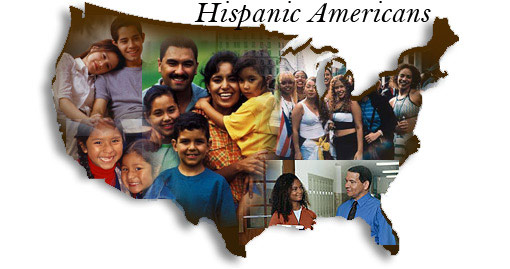


Be the first to comment